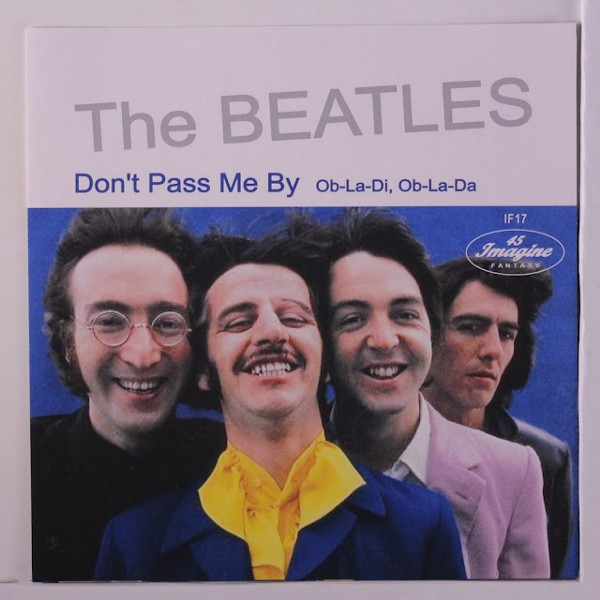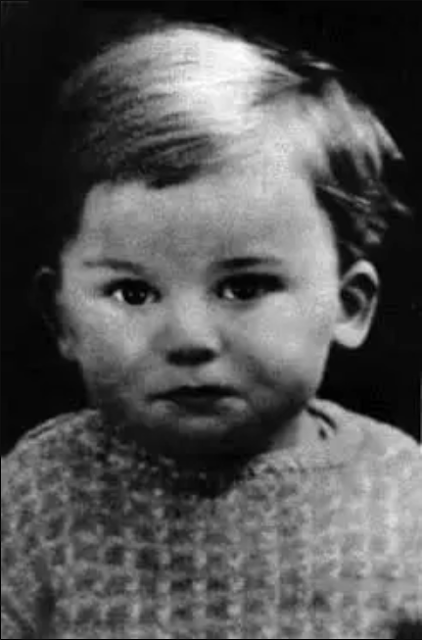Why was early Dylan a key influence?
Why Dylan loomed large
For The Beatles record sales this was not the only criteria that mattered. Above all, they wanted to impress their peers: especially those young people in Liverpool and London who were also avid readers of the music press, buyers of imported records and habitues of the coolest clubs.
Of their direct competitors, Bob Dylan loomed largest. Lennon later conceded that their British rivals never felt like too much of a threat. They liked The Stones, The Who and the Kinks and would sometimes borrow their innovations - the guitar sound on You Really Got Me for, for example. But they never doubted that they would lose their top spot in the NME poll.
Dylan was different. For a start, he was American and this automatically gave his status an uplift. They believed him to be authentic
In some respects he represented musical strands they had previously ignored or downplayed. Though they knew and played some traditional songs, like the sea shanty, Maggie Mae, they had limited interest in folk or indeed acoustic music generally
slightly younger than them, he represented
Dylan released his second album The Freewheelin' Bob Dylan in May 1963. From its casual cover to the rebellious themes of its songs ('Blowing in the Wind, Times they are a changing, Masters of War etc) its seemed to throw down the gauntlet to the establishment.
Though many assumed Dylan was posing a political challenge, the deeper resonance was cultural. The key word in the title Freewhelin' expressed seemed like a direct challenge to the previous 'greatest' generation. They had gone to war to defend freedom - here was a young man clearly enjoying it. He had his girl and his guitar - and he wasn't settling down anytime soon.



